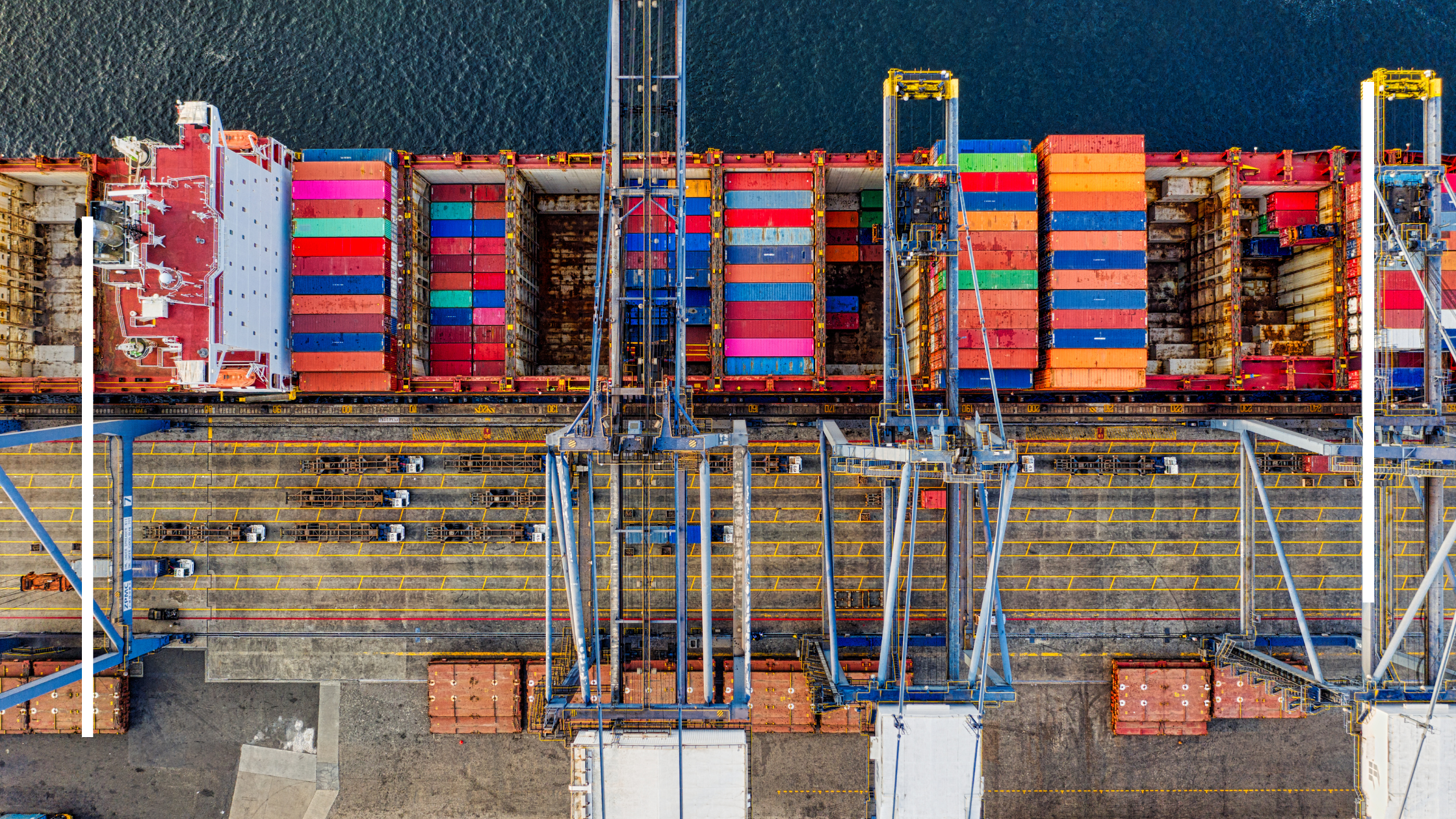Having a customs delay or hold on a shipment can be a frustrating experience. Delays can have a...
How To Hack Your Customs Experience: Avoiding Customs Exams And Holds
Getting your goods from A to B can be a daunting task, even for the best of importers. However, getting goods to customs is just part of the process. Customs exams are the final challenge to overcome, before a shipment may reach its destination. Every year a small percentage of shipments get selected for a customs exam. Customs exams are just a part of doing business, but they can lead to delays and potential fees. If you want to avoid delay, then it's important to understand what leads to customs exams and know the best steps to prevent a customs hold.

Since many tons of cargo enter the country every day, it is border service’s role to ensure safety and abidance of international trade laws for the shipments coming in. For both Canada and the United States, the border services agencies are responsible for ensuring that shipments coming in are legal, safe, and follow regulation. As a result, we may sometimes see cargo flagged, which means it is being placed on hold for additional inspection.
Customs Exams
A customs examination involves looking at a shipment closely to ensure it is following regulation. A customs exam usually occurs at the port of arrival. If there is a hold on a shipment, it suggests that there is further examination occurring, and agents usually have within one month to complete the process.
The examination process itself involves checking the cargo, and ensuring that the paperwork associated with a shipment is reflective of the shipment itself. Examination is in place to ensure prevention of potential illegal smuggling or trade occurring, as well as other safety threats. Since customs exams incur fees, and they also delay the shipment transport, it is important to know what they entail.
Shipments flagged for examination may be subject to one of three most common exams:
- VACIS/NII: A standard vehicle and cargo inspection, using x-rays, but the containers are not opened. This is the most affordable and quickest exam.
- Tailgate Exam: A visual check of the cargo container and its contents, usually quite brief and to the point. This exam requires the opening of the container so it is more thorough than the VACIS.
- Intensive Exam: The shipment may be taken to a private warehouse for detailed inspection, a CES (Centralized Examination Station). The cargo may be unloaded, sorted through and examined. The items in the shipment will be looked at and even samples may be taken, if applicable. This can lead to a delay of anywhere from 1 week to 1 month, which can be costly.
Key Factors Affecting Whether A Shipment Is Flagged
While there is no certain way to avoid a customs exam, it is essential to follow protocol and double check all paperwork ahead of time. Some exams may be random, but there are also certain qualities which could make one more susceptible to a customs exam than others.
Shipping For The First Time
If you are new to commercial shipping, then you may be deemed more of a risk, since you have no established record of importing into the country, especially the United States post 9/11. This means that your shipment may be under closer watch, and thus it will be important to abide by the regulations.
Repeated Mistakes
If one has developed a history of mislabeling goods or having incorrect paperwork, then they are more likely to be subject to customs exams in the future. Even if the shipper or freight agent is doing a good job for a specific shipment, there is still going to be a thorough look at everyone who handles the shipment, so it is important to be smart about your shipping or logistics partners and ensure they have a good reputation as well.
Shipping High Risk Goods
Depending on the type of goods you are shipping, your cargo may be more likely to be examined. Goods which are more likely to be mislabeled or reported incorrectly, based on the type of good it is, are likely to be looked at carefully.
Shipment Origin
The location where a shipment is coming from will play a role in whether it is subject to examination. Some countries may not have the strongest trade ties with the U.S. for instance, which can be deemed high risk and this will make the shipment likely to be examined.
Paperwork Issues
It is an obvious fact that missing or incorrect paperwork will likely lead to further examination or inspection of a shipment. The reason all shipments require proper paperwork, is because the documents not only identify the shipment, but also help calculate duties or taxes. If there are missing documents or errors on paperwork, customs may interpret this as an attempt to hide the contents of the shipment or smuggle something in, making it more suspicious.
The bottom line is; if a customs exam occurs, there is likely to be fees incurred, as well as delay for a shipment. Customs holds can be a pain in the neck for importers, but with some careful planning you can reduce your chances. When you know what to anticipate and you double check all paperwork, the risks are smaller. It is important to partner with the right partners and technology, to ensure success and ease in your shipping experience.


-2.png?height=200&name=Brown%20Simple%20Tips%20Shoot%20Blog%20Banner%20(2)-2.png)
.jpg?height=200&name=Blue%20Illustrated%20Dots%20Hosting%20Provider%20Presentation%20(2).jpg)